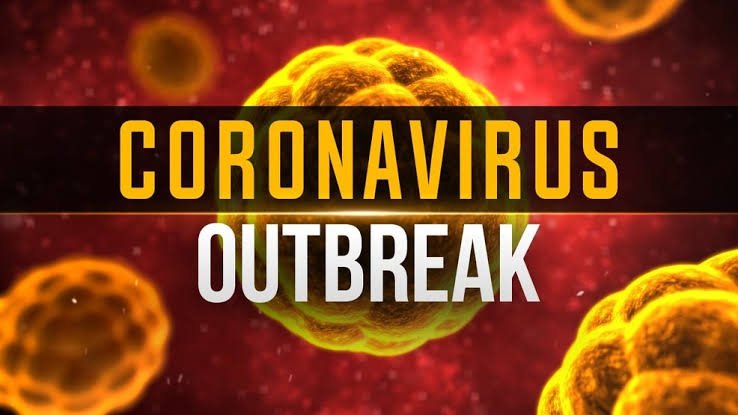US scientists say coronavirus dies the fastest when it is exposed to direct sunlight, though a study cited has not yet been made public and awaits external evaluation.
William Bryan, science and technology advisor to the Department of Homeland Security secretary, told reporters on Thursday at the White House that government scientists had found ultraviolet rays had a potent impact on the pathogen, offering hope that its spread may ease over the summer.
“Our most striking observation to date is the powerful effect that solar light appears to have on killing the virus, both surfaces and in the air,” he said.
“We’ve seen a similar effect with both temperature and humidity as well, where increasing the temperature and humidity or both is generally less favourable to the virus.”
But the paper itself has not yet been released for review, making it difficult for independent experts to comment on how robust its methodology was.
It has long been known that ultraviolet light has a sterilising effect, because the radiation damages the virus’s genetic material and its ability to replicate.
But coronavirus has also proven deadly in warm-weather places such as Singapore, Malaysia, and Thailand, raising broader questions about the impact of environmental factors.
Dr Margaret Harris from the World Health Organization told Al Jazeera “the evidence is not supporting [the sunlight] theory”.
“I’m sorry but we cannot hope that summer is going to have the effect that many people hope it will,” said Harris.
Bryan warned it would be “irresponsible” to say the warmer summer months will eliminate the virus. But he said that time period would provide an “opportunity to get ahead” of the pandemic.

